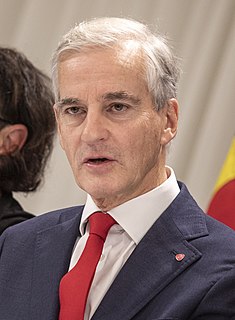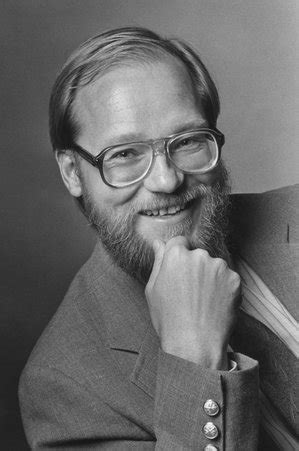Цитата Дэвида Шеффа
Если вы согласны с тем, что #? наркомания — это болезнь, поразительно видеть, как много из этих детей — параноиков, тревожных, ушибленных, дрожащих, иссохших, в некоторых случаях психотических — серьезно больны и медленно умирают. Мы бы никогда не допустили такой сцены, если бы у этих детей была какая-то другая болезнь. Они будут в больнице, а не на улице.
Связанные цитаты
Казалось, что проблема американцев, передозирующих наркотики и умирающих от наркомании, описывается как плохие люди, особенно дети, злоупотребляющие хорошими наркотиками. Но Шейла Невинс, президент компании HBO Documentary Films, и я были особенно заинтересованы в том, чтобы узнать истории людей и семей, пострадавших от этой болезни зависимости, и понять, что происходит на самом деле. Мы обнаружили, что, и давайте не будем ошибаться, это эпидемия зависимости.
Мышечная дистрофия ... никогда не наблюдалась, пока Дюшенн не описал ее в 1850-х годах. К 1860 г., после его первоначального описания, многие сотни случаев были признаны и описаны настолько, что Шарко сказал: «Как получилось, что болезнь, столь распространенная, столь широко распространенная и так узнаваемая с первого взгляда, — болезнь, которая, несомненно, существовал всегда - как же так получилось, что он признан только сейчас? Зачем нам понадобился мсье Дюшенн, чтобы открыть нам глаза?
Мы говорим, что человек заболевает раком, или простудой, или заболеванием почек. Никто никогда не подумает сказать, что у него рак. Но мы говорим, что у человека депрессия, биполярное расстройство или шизофрения. Болезнь тела – это состояние. Но мы думаем, что болезнь ума — это состояние бытия. Мы больше не верим, как 250 лет назад, в то, что психически больные — это животные, но мы еще не готовы допустить, что они являются и полноценными людьми.
Я едва познакомился со Стивеном, а потом однажды в субботу я встретил старых друзей за чашкой кофе, и они сказали: «Черт возьми, Стивен ужасен, не так ли?» Мне рассказали, что он лежал в госпитале Св. Варфоломея в Лондоне с ужасными анализами, а потом ему поставили диагноз атипичной формы редкого заболевания - болезни двигательных нейронов.
Традиционно существует два разных взгляда на зависимость. Либо это грех, и вы ужасно плохой человек, и вы просто выбираете быть гедонистом, либо это хроническое прогрессирующее заболевание. И хотя я определенно считаю, что наркомания — это медицинская проблема, с которой должна бороться система здравоохранения, то, как мы концептуализируем зависимость как болезнь, на самом деле не совсем точна, и, к сожалению, она стала стигматизирующей, а также создала много безнадежности в жизни. много людей.
Когда я услышал, что болезни сердца убивают больше женщин, чем все виды рака вместе взятые, я понял. Другая вещь, которая очень важна, это то, что сердечные заболевания... можно предотвратить. Женщины могут внести определенные изменения в свой образ жизни: похудеть, отказаться от курения, заняться спортом, есть здоровую пищу. Знание факторов риска: высокое кровяное давление, высокий уровень холестерина, диабет, избыточный вес. И если в вашей семье есть сердечные заболевания, вам следует обратиться к врачу. Потому что это заболевание можно предотвратить.
Люди до сих пор думают о СПИДе как о болезни, основанной на чувстве стыда, передающейся половым путем, и вы либо гей, либо проститутка, либо употребляете наркотики внутривенно. И поэтому многие люди до сих пор очень фанатично относятся к этой болезни. Это такая излечимая болезнь. Это так - близок конец этой болезни, с медицинской точки зрения.


































